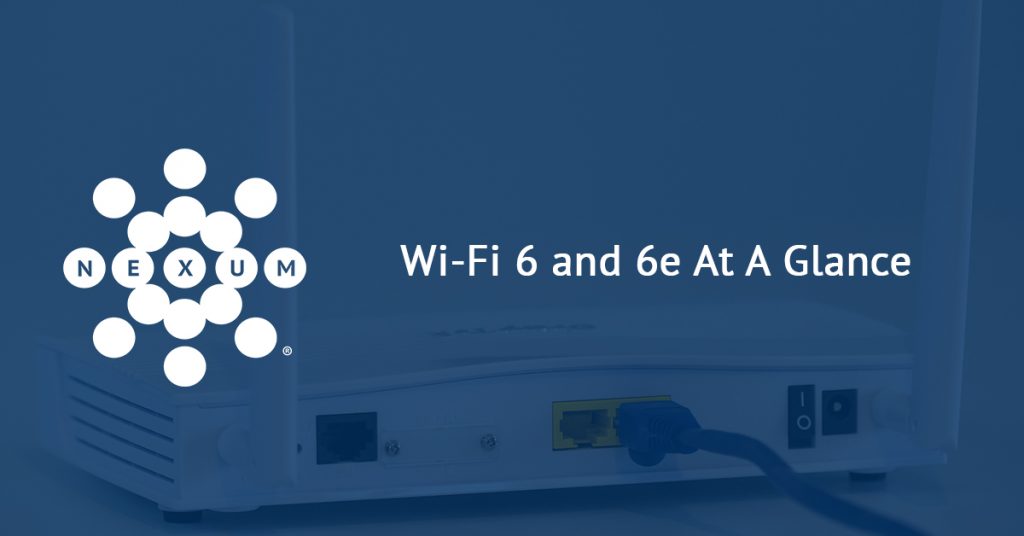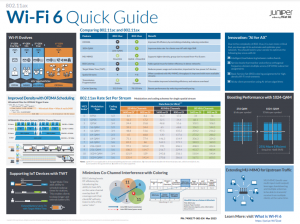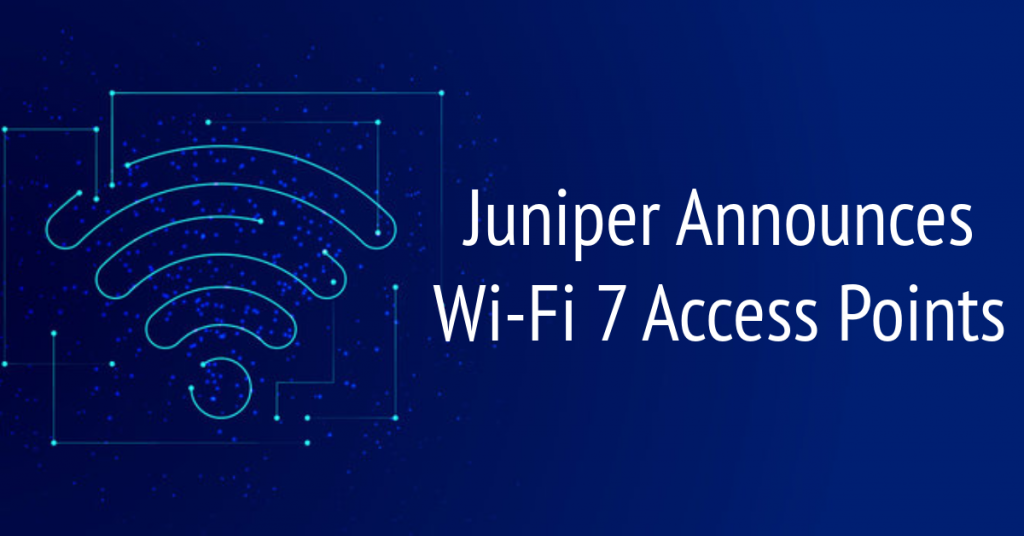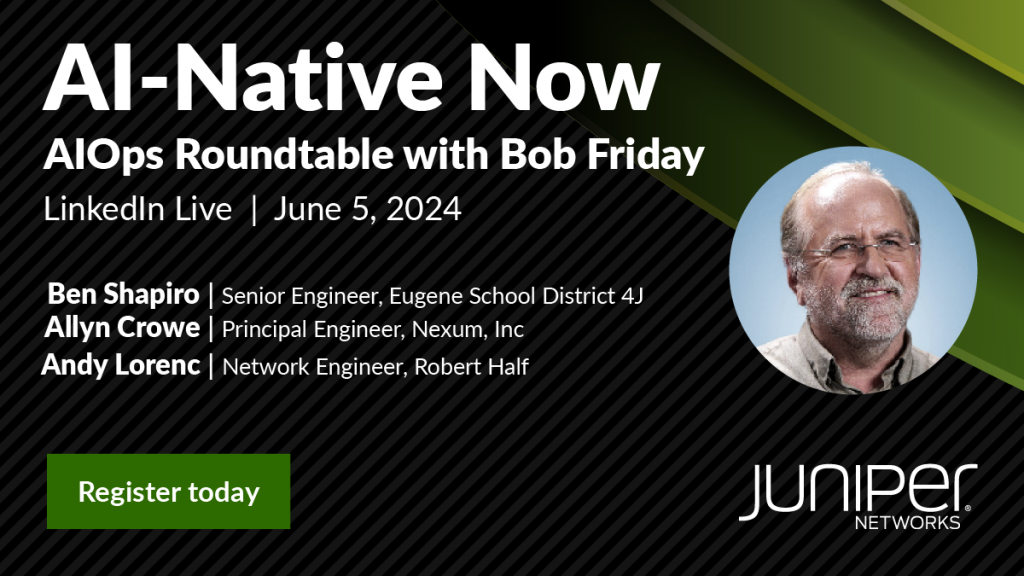
Wi-Fi 6 and 6E at a Glance

Written by: Allyn Crowe, Senior Security Engineer
Connect with Allyn on LinkedIn
The world of wireless networking, or Wi-Fi, is changing quickly. Sometimes, there is a delay between when a technology is approved and when it becomes widely available, leading to confusion about what each technology does and when companies should start using it. Wi-Fi 6 was approved years ago, but it’s only now becoming more common. And there’s talk of Wi-Fi 6E and even Wi-Fi 7.
With Wi-Fi being important in the home networking market, many early-release technologies are debuting there.
We could discuss many reasons for thi s, but we start seeing some of the “hype” hitting the market directly to consumers first.
s, but we start seeing some of the “hype” hitting the market directly to consumers first.
With this comes all kinds of claims that may or may not be accurate when you dig into the technology behind the new release (let alone the application of the technology in the real world).
To help with some confusion, our partner, Juniper Networks, released a quick guide highlighting some of the improvements of Wi-Fi 6 over the “last” major version of Wi-Fi: Wi-Fi 5 or 802.11ac, and what Wi-Fi 6E brings to Wi-Fi 6.
Next Steps
Suppose you’re considering a wireless network upgrade. In that case, Nexum has multiple wireless engineers who would be happy to talk to you about the technology differences, look at your current network, and make some recommendations. Drop us a line through our Talk with an Expert form here, and we’ll help you find your best path forward.
Check Out More Resources

Juniper EX4000
Nexum’s, Allyn Crowe, breaks down what sets the latest EX4000 series switch apart—powerful PoE, multigig support for next-gen Wi-Fi, and faster performance. With quick boot times and seamless upgrades, it’s a smart choice for future-proofing networks.

Juniper Announces Wi-Fi 7 Access Points
Nexum’s engineering team highlights Juniper’s new Wi-Fi 7 AP47 as a game-changer, offering faster speeds, quad radios, and enhanced IoT capabilities. With dual 10Gbps interfaces and AI-driven Wi-Fi 7 support, these access points are designed for cutting-edge network performance.

AI-Native Now
Join Juniper Networks on June 5th for a LinkedIn Live exclusive discussion on “Leveraging AIOps for Maximum Impact.”
